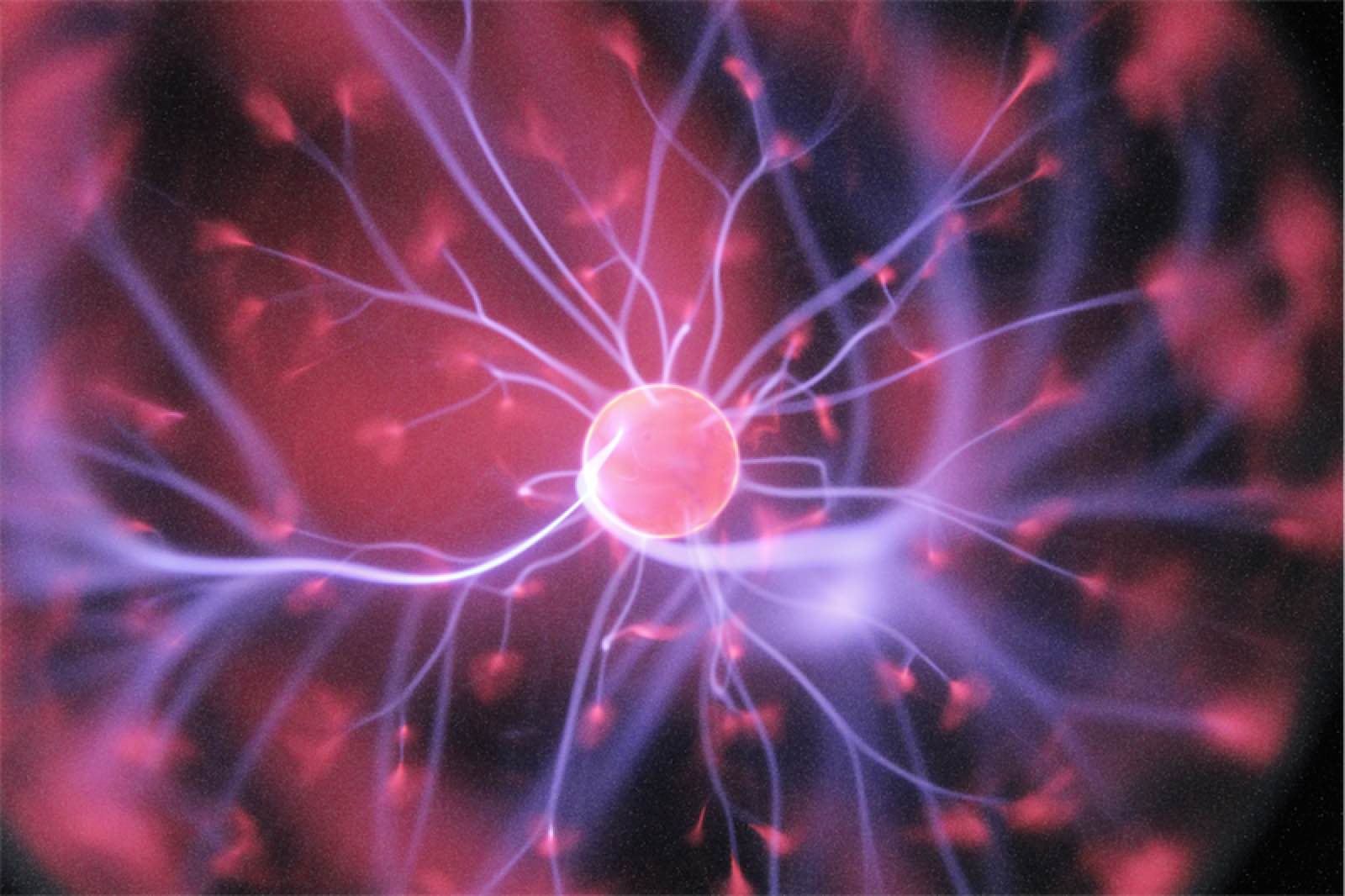Growing up and becoming a grown up as we are now heavily depends on the experiences and advices of our family and the environment we grew up with. These influences are essential because this is what makes us who we are. Of course our own experiences are also as relevant as others but in the first several years after birth we are formed from the outside – so does our perception of the world around us. Habits we pick up from our parents, religion, tales, prejudices, food preferences, music taste, life attitude – all of these are formed within the first 7 years of our lives. This becomes your personality. All we do after passing that stage is developing our skills in one direction or avoid some of the skills and develop in another direction. All of this is rooted in our memory and subconsciousness. Here is an example. Last weeks post points out the quality of the music from the past and compares it with current mainstream music. This is also a good example to describe the idea of the influence. When I grew up, my parents listened to music that they liked – the late 70s, 80s, and 90s. I, of course listened to it too and it anchored in my brain that this is my kind of good music. Now, when I sometimes can’t listen to the mainstream music (it sounds almost the same and there are too many remixes on music from the 80s and 90s) – I listen to the songs from my childhood and my youth – the oldies and the originals, if I can name this way the music from the 80s and 90s accordingly. I enjoy this music not just because I have memories and emotions connected to this pieces but also because it is what influenced me. This connections are what makes us like or hate something, choose one product instead of another, believe in one stereotype and ignore the other. These are the factors that make us who we are. As one of the intelligent species, humans tend to rethink their life and habits every now and then, especially influenced by the environment around us, most of the time to become a better self.
And of course our habits have their origins too and they can change if we want it.
A lot of how we interact with things and environment around us daily is how we always do and did it. We are used to do it a special kind of way as we learned it. Behaviour leads us unconsciously and most of the time we even don’t really think about how we do it. And of course it is extremely difficult to change or evolve a habit because of this behaviour.
How often do you think about the way you put on your trousers, close the door, prepare your coffee, shake someones hand or ride your bicycle?
Behavioural sciences is the area of different disciplines that analyse and explore the human (and animal) behaviour, interactions and cognitive processes to understand how they work and how to use it for different purposes. Psychology, Economics, Sociology, Neuroscience, Public health are just several disciplines that explore behaviour. But there is also several other huge applied disciplines that grow and flourish in the modern age. Media psychology, consumer behaviour and social media marketing. All three track, explore and analyse our behaviour and interactions with advertisements, brands, products and social media and other people. Through colours and words, creating emotions and bonds, using samples and tactile or visual input we are influenced 24/7. Attention is what everyone is looking for. We get overflowed with multisensory input where we still need to focus on other things. Of course every existing brand or person wants to get an acknowledgement for what they do – money, fame, or something else. But it is based on cost of influencing or even dominating someones attention. That is where the current problem sits. We have influencers, big or small, companies and individuals who use all available channels to win everyone over. To force you buying a product. To get profit.
This all started a log time ago – think of religion, politics and more. In the time where the social media (or generally internet) became a virtual endless space to share own opinion and find others who share the same opinion or have similar interests, it became a meta level of forming our current social environment. As a part of our natural behaviour these groups of people tried to dominate and influence others with their opinion and views of the world. Right now we have youtubers, bloggers, instagram models, brands, designers, athletes and others who spread their thoughts and product testing videos to the entire world. But keeping ones head clean and decrease the influences from outside is almost impossible. This week’s quote by Dave Ramsey describes my feelings about the influences on social media channels at its best: “We buy things we don’t need with money we don’t have to impress people we don’t like.” I surely do all the things everyone else does – buying products, and get influenced by opinions, but I try to do it based on an recommendation of a trusted person, personal experiences or trusted brand. Not after watching a 30 sec. video from a stranger on the internet or a person that I once met. This way I make a conscious choice, I consume less and I communicate more with people to understand the world around me.
So be yourself, choose wisely, don’t hunt for fast money or fame and, first of all, think before doing/ buying something.
Reading recommendations:
- What is Media Psychology? by Media Psychology Research Centermore on mprcenter.org
- The Definitive Guide to Behavioural Marketing by Lana Burgess, 2018, more on pure360.com
- Five personality dimensions and their influence on information behaviour by Jannica Heinström, October 2003 – read PDF here
- The neuropsychology of consumer behavior and marketing by Steven D. Shaw and Richard P. Bagozzi, 2017-2018 – read the PDF here
Quote of the week:
“We buy things we don’t need with money we don’t have to impress people we don’t like.”
― Dave Ramsey



